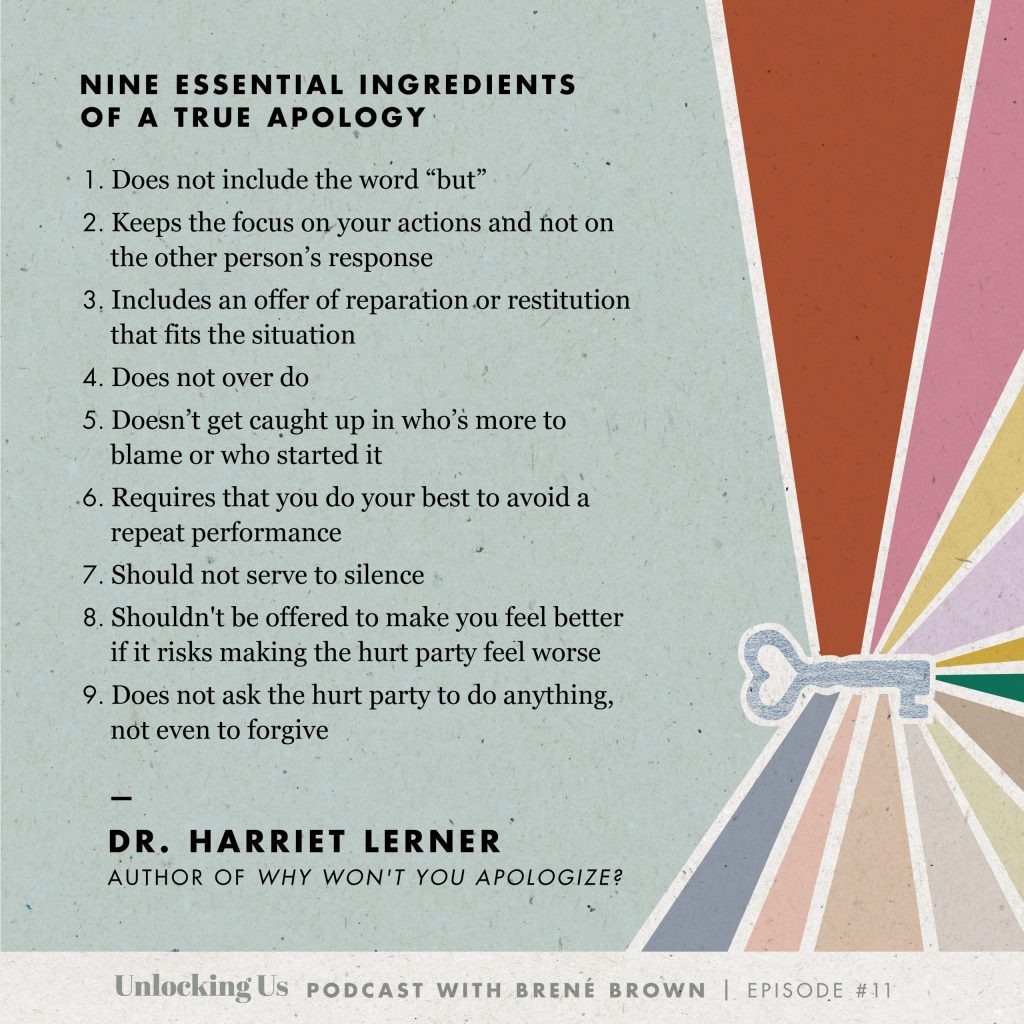As I was supply teaching one day in a full remote learning classroom, my wifi decided to take a short vacation. Now if you’re anything like me, technical difficulties feel like they come up at the worst possible times. Now that is a dramatic statement of course, but it really does feel like a “WHY NOW” situation. It can’t just be me?!
Anyways, in the middle of our math lesson I was logged out of the google meet, leaving the students and their questions behind. I think my immediate reaction was “AHHH”.
Upon taking a big breath, I was able to log myself back in after about 3 whole minutes. 3 minutes doesn’t sound like a long time, but in this short time frame I had convinced myself the students would have left the meet, had become overwhelmed with the math questions or upset with me for leaving mid conversation. I was cautious upon logging in again and unsure the atmosphere to which I was returning.
I could hear one student say “she’s back”, as I started turning on my camera and microphone. I then started rambling on and began to apologize and explain why I had left mid conversation.
“We are just happy you’re here, Miss”, one student replied.
We are happy you are here.
What a simple, yet powerful way to welcome someone into a room or conversation.
To this day, I am still applauding whoever taught this child to say that, whoever fostered empathy within that child, and ultimately applauding the child themself for being so brave and confident to voice such powerful words.
I have adopted this saying and now use it daily in my practice.
“I am happy you are here”.
This statement shows compassion, empathy, understanding and is welcoming, inviting and warm.
It would never be my reaction to ridicule students for showing up late. As I really believe there is always a reason for this. Especially with my job as an occasional teacher, I typically do not know much about students’ lives outside of school other than what they have chosen to share. Prior to this profound moment for me, if a student had shown up late or at the wrong time I likely would have said “that’s okay!” or “no problem!”. Presently, those statements seem much less inviting and warm and lack appreciation for the presence of another person.
Now, when students arrive late to class I smile and tell them I am happy they have made it. Happy to see they are here.
To all who read this post…
I am happy you are here.

